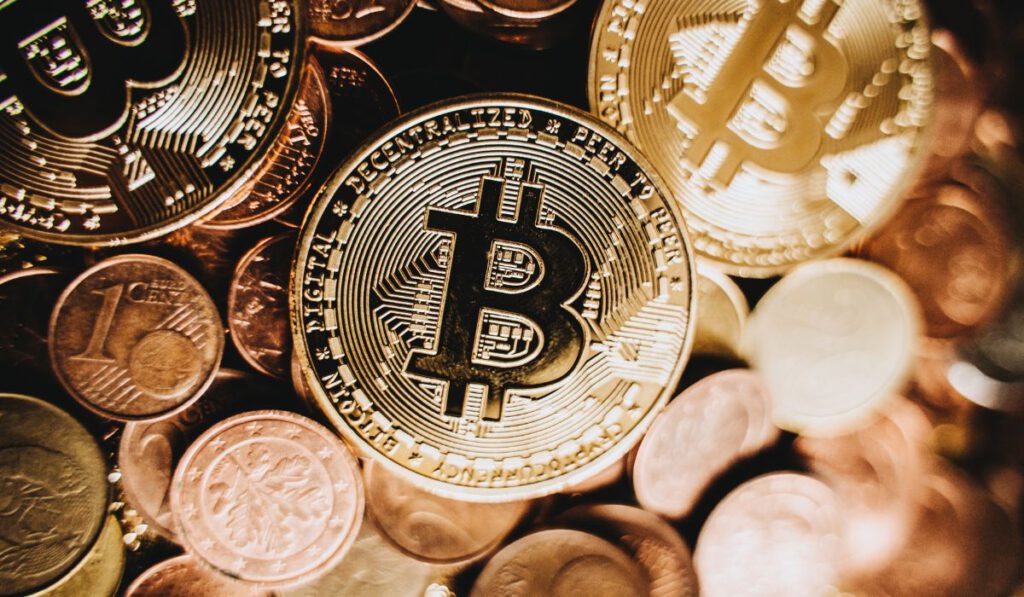The rise of cryptocurrencies has been meteoric. In the past decade, we’ve seen Bitcoin and other digital assets go from being a niche interest to a global phenomenon. But what does this mean for developing economies?
Ways crypto can help financial inclusion
In many ways, crypto is the perfect tool for financial inclusion. For starters, it’s borderless and accessible to anyone with an internet connection. This is crucial in developing economies, where traditional banking infrastructure is often lacking.
Additionally, crypto is incredibly fast and efficient. Transactions can be processed in minutes, and fees are usually very low. This is a huge advantage over traditional banking systems, which can often be slow and expensive.
Finally, crypto is incredibly secure. Transactions are stored on a decentralized network, which makes them incredibly difficult to hack. This is vital in developing economies, where cybercrime is a major concern.
The impact on developing economies
In most developing economies, financial inclusion is a huge challenge. A large percentage of the population is unbanked or underbanked, which means they have little to no access to formal financial services.
 
 
Also, the majority of these countries have persistent, significant financial challenges like high levels of poverty and inequality, weak institutions, and a lack of appropriate infrastructures, such as banking infrastructure. One of the most significant of these is the lack of access to global payment systems.
These challenges pose major barriers to economic development and poverty reduction. It is also a major contributor to inequality, making it difficult to start or grow a business, save for unexpected expenses, or plan for the future.
Therefore, crypto could be a game-changer. It has the potential to provide millions of people with access to the global economy that would otherwise be out of reach. and to do so in a fast, efficient, and secure way.
Of course, there are still some challenges to be addressed. For example, volatility is a major concern. Cryptocurrencies can be incredibly volatile, and this makes them unsuitable for certain use cases. Additionally, regulation is still a work in progress.
But, overall, crypto looks like a very promising solution for financial inclusion in developing economies. It has the potential to transform the lives of millions of people.
Making a difference in developing countries
Some countries have already adopted crypto to overcome these challenges. Several crypto projects are already making a difference in developing economies. For example, Philcoin talks with numerous Latin American and South African countries to bring financial sovereignty.
The goal of Philcoin, a philanthropic blockchain movement, is to create a global interactive ecosystem where people can make money by using IoT (Internet of Things), social media, television, and other everyday tools. They, however, make use of the goods and services.
The goal of Philcoin is to support the development of a digital economy while people chat, watch television, play video games, pursue global education, and go shopping. Everyone has the opportunity to create digital wealth through a BEP20 Token marked “PHL,” using Smart contracts that exhibit a high level of transparency and a user-friendly environment. This opportunity is made possible by our educational system and philanthropic partnerships. All of this will be accomplished while achieving each of the United Nations’ 17 Sustainable Development Goals and all of the humanitarian support gathered within our ecosystem.
Another project making waves is the Ethereum-based platform, Kiva, which provides small loans to African entrepreneurs. Another project, BitPesa, is using blockchain to help businesses in Africa send and receive payments.
Final Thoughts
As the use of crypto grows in developing economies, we will likely see even more innovative solutions that can help improve the lives of people in these regions.


